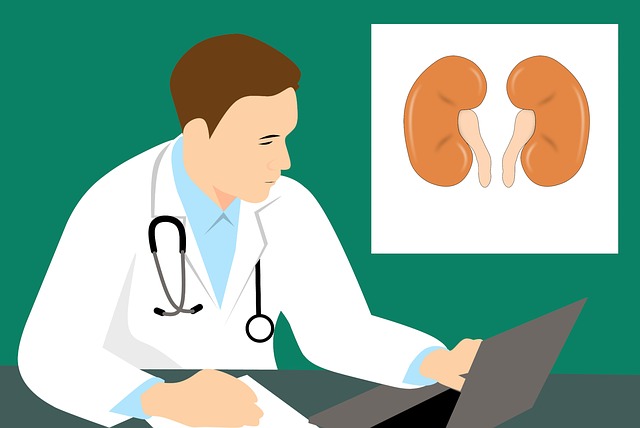March is National Kidney Month, here to remind us not to overlook these important organs! Your kidneys keep you healthy by removing harmful toxins from your blood and maintaining a normal pH level. They also help regulate blood pressure and direct your production of red blood cells.
When Kidney Health is Neglected
When kidney health goes neglected, however, it poses serious health risks. If certain risk factors go unaddressed, they can result in kidney disease which usually worsens with time.
Kidney disease can contribute to:
- Kidney failure
- Nerve damage
- Cardiovascular disease
- Heart attack and stroke
- High blood pressure
- Low red blood cell count
- Weak bones
Though kidney disease gets progressively worse, symptoms typically don’t begin to show until the disease is advanced. Symptoms that someone might experience are leg swelling, fatigue, nausea, and loss of appetite.
Lifestyle Modification, Kidney Disease Prevention, and a Healthy Weight
There are many risk factors for kidney disease that can be prevented by maintaining a healthy weight. Some of these include obesity, diabetes and high blood pressure.
Why Weight Matters
Type 2 diabetes is the number one cause of kidney failure in the U.S. Having excess weight can put you at higher risk for insulin resistance, which can damage blood vessels in your kidneys.
High blood pressure is the second most common cause of kidney failure. Obesity and a diet rich with salt can raise your blood pressure and strain your kidneys. High blood pressure forces your kidneys to work harder and faster to clean more blood. This extra force over time can lead to kidney failure.
Studies show that in general, a larger waist circumference and excess fat in the belly area can contribute to kidney disease. Among other causes, kidney damage can also happen from inflammation and pressure caused by excess fat.
Lifestyle Modifications: What You Can Do
It’s easier to prevent kidney disease than it is to treat it. If you have excess weight, weight loss is one way to lower your risk. Losing weight however isn’t as simple as “eat less and move more,” as you may require different approaches and treatments. However, there are some basic lifestyle modifications that are always a good practice which can help.
- Regular physical activity (at least 150 min/week)
- Eating a reduced-calorie, balanced diet
- Lowering your salt intake
- Managing chronic stress and anxiety
- Visiting regularly with your healthcare provider
Conclusion
During National Kidney Month, we encourage you to learn more about your hardworking kidneys. Try to assess your own risk for kidney disease and see what lifestyle changes can help reduce it if you feel your risk is high. Weight loss of even 5-10% can help by lowering blood pressure and improving diabetes. Luckily, you have a lot of power to protect your kidneys by exercising regularly and eating a healthy diet.






